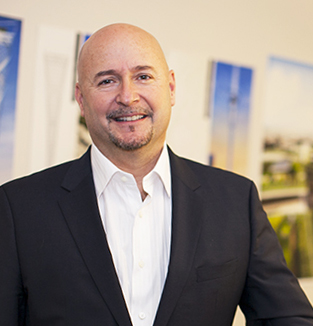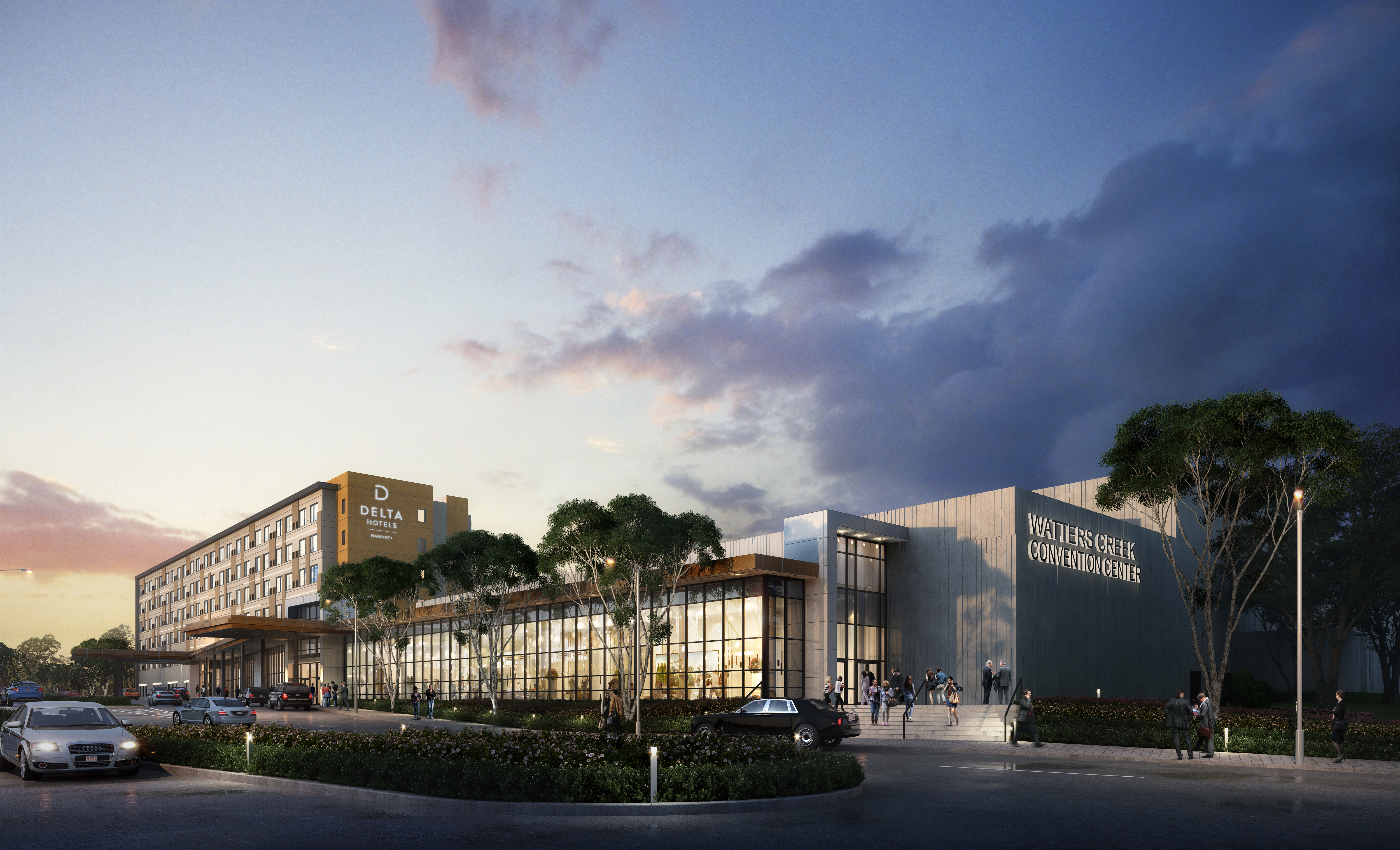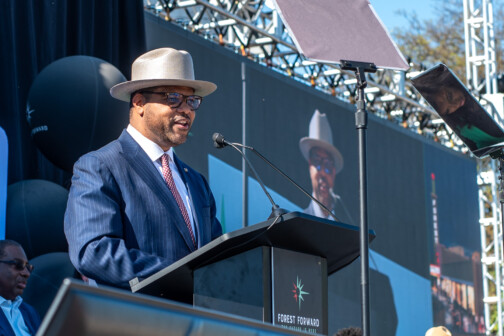
We’ve all driven by them and we’ve all experienced them—public-private partnership (3P) projects developed with a city and private developer locked arm-in-arm. Some 3P’s are successful and take place in booming locations (think Omni Dallas Hotel near the Convention Center, a popular destination that radically changed downtown Dallas and became the backdrop for every local Dallas newscast). But some 3P’s end up like unwanted toys around the Christmas tree. Many of us have strolled through underutilized hotels, conference centers as quiet as monasteries, or “village retail” developments that failed to charm the market.
Which factors lead to successful projects, the “good stuff,” and which lead to failed projects, the “bad stuff?”
The “good stuff” happens when a city has done its homework on actual market demand. For the Delta by Marriott Hotel and convention center in Allen that is currently under construction, the city commissioned a market study and documented lost business prior to moving forward with the project. The “bad stuff” happens when a city relies on a “wish list” that is not backed up by anything more than a desire to keep up with the Joneses—the Joneses being those neighboring cities with shiny new developments.
The “good stuff” happens when a city is willing to contribute a combination of city-owned land, cash investment, or tax support to attract the right developer and project. The “bad stuff” (or nothing) happens when a city goes out to the world to find a partner, but offers little to incentivize development. 3P projects are often pioneering, so city support is essential to obtain financing and attract the best partners. As the saying goes, you get what you pay for.
Finally, the “good stuff” happens when a city is wary of “fee developer” proposals that don’t require the developer to put his wallet and credit on the table alongside the city’s investment. If the developer isn’t on the hook with the lenders, and can walk away after collecting a development fee, there is less motivation to strive for a truly successful project—or to pause the process if the project ends up looking weak.
There are countless opportunities in cities, as well as university and medical campuses, across the country, where 3P may be the right format for developing a project to meet established demand or generate future growth. Analyzing past 3P successes and failures, and the contributing factors to both, can prevent wasted time and money, while increasing the chances of developing a hot property instead of a cold cadaver.
Mike Kennedy is a principal at Dallas-based Altera Development, the private development partner for the Delta by Marriott Hotel and convention center in Allen, as well as a senior vice president at Avison Young.






